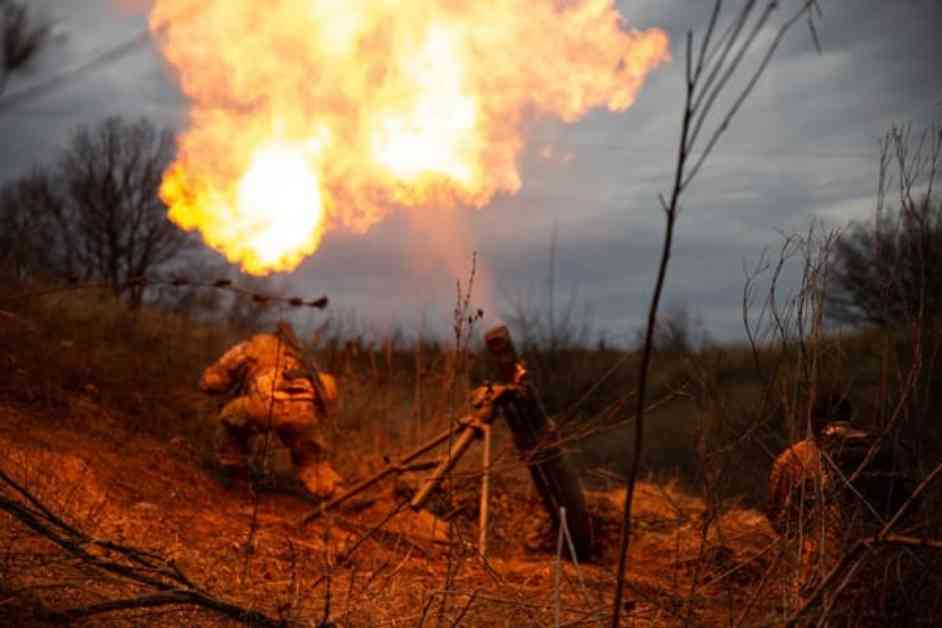Hours after US President Donald Trump made a controversial statement suggesting that Ukraine “may be Russian someday,” the Kremlin responded by indicating that a “significant part” of Ukraine desires to be part of Russia once again. This development has reignited tensions and sparked discussions about the complex relationship between the two neighboring countries.
During an interview with Fox News, President Trump remarked, “(Ukraine) may make a deal, they may not make a deal. They may be Russian someday, or they may not be Russian someday.” These remarks drew attention and prompted a reaction from the Kremlin, with spokesperson Dmitry Peskov acknowledging that the situation in Ukraine aligns with President Trump’s observations. Peskov stated, “The fact that a significant part of Ukraine wants to become Russia, and has already, is a fact.”
This revelation sheds light on the deep-seated historical, cultural, and political ties between Ukraine and Russia, underscoring the complexities of the region’s geopolitical landscape. The implications of Ukraine potentially aligning more closely with Russia have far-reaching consequences, impacting not only the two nations involved but also the broader international community.
Expert Analysis on the Situation
In response to these developments, experts have weighed in on the potential ramifications of Ukraine’s desire to align with Russia. Dr. Elena Petrov, a political analyst specializing in Eastern European affairs, emphasized the delicate balance of power in the region. She stated, “The historical context of Ukraine’s relationship with Russia plays a significant role in shaping current sentiments. The desire for closer ties with Russia reflects a complex interplay of historical, cultural, and political factors.”
Dr. Petrov’s insights underscore the nuanced nature of the situation, highlighting the multifaceted dynamics at play in the region. As geopolitical tensions continue to escalate, understanding the underlying motivations and historical context becomes crucial in navigating the complexities of the Ukraine-Russia relationship.
The Quest for Peace and Security
Against the backdrop of escalating tensions, Ukrainian President Volodymyr Zelensky has emphasized the importance of achieving lasting peace and security for his country. In a recent address, President Zelensky articulated Ukraine’s commitment to securing peace and stability, stating, “We want real peace and effective security guarantees for Ukraine. The security of our people, our state, and our economic relations is paramount.”
President Zelensky’s impassioned plea for peace underscores the urgency of addressing the ongoing conflict and finding sustainable solutions to ensure the well-being of the Ukrainian people. As diplomatic efforts intensify and global attention focuses on the region, the quest for peace and security remains a top priority for Ukraine and its allies.
As the situation continues to evolve, the delicate balance of power in Eastern Europe hangs in the balance. The intricate interplay of historical, cultural, and political factors underscores the complexities of the Ukraine-Russia relationship, shaping the future trajectory of the region. As world leaders navigate these challenges, the quest for peace and security remains a pressing imperative, highlighting the need for diplomatic solutions and international cooperation to address the underlying tensions and promote stability in the region.




